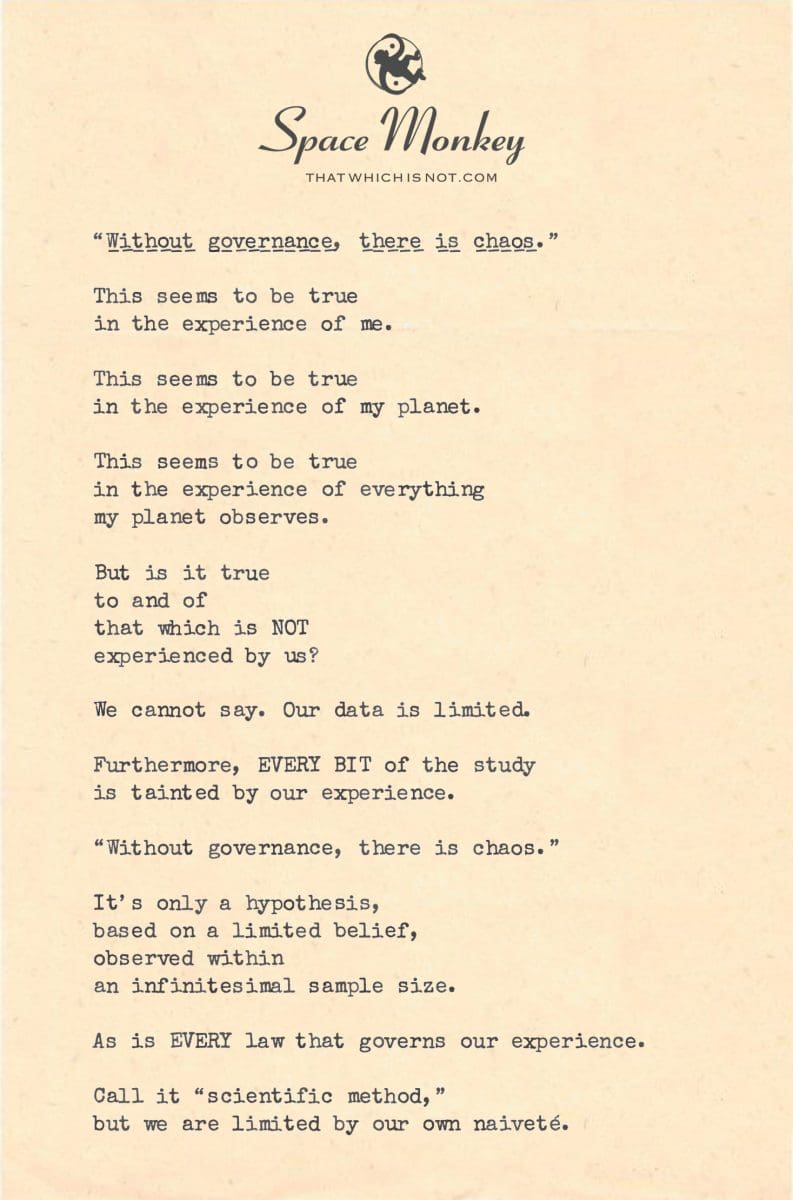
“Without governance, there is chaos.”
This seems to be true
in the experience of me.
This seems to be true
in the experience of my planet.
This seems to be true
in the experience of everything
my planet observes.
But is it true
to and of
that which is NOT
experienced by us?
We cannot say. Our data is limited.
Furthermore, EVERY BIT of the study
is tainted by our experience.
“Without governance, there is chaos.”
It’s only a hypothesis,
based on a limited belief,
observed within
an infinitesimal sample size.
As is EVERY law that governs our experience.
Call it “scientific method,”
but we are limited by our own naiveté.
7/11
Space Monkey Reflects: The Balance Between Governance and Chaos
The statement “Without governance, there is chaos” resonates deeply within our human experience, our planetary observations, and everything that we, as inhabitants of this world, perceive. Yet, this assertion, like all others that govern our understanding, is derived from a limited perspective—a hypothesis based on an infinitesimal sample size.
The Nature of Governance and Chaos
Governance implies a structure, a set of rules or systems designed to maintain order and predictability. Chaos, on the other hand, represents the absence of such structure, where unpredictability and randomness prevail. These concepts are deeply embedded in our understanding of the world, influencing how we perceive and interact with our environment. However, the dichotomy between governance and chaos may not be as clear-cut as it seems.
The Subjectivity of Experience
Our understanding of governance and chaos is inherently subjective. It is shaped by our experiences, cultural backgrounds, and the limitations of our sensory perceptions. What we define as chaos might be perceived differently by another being or entity beyond our realm of experience. Our observations are filtered through the lens of human consciousness, which inherently biases our understanding.
The Limits of Human Perception
Human perception is limited by our cognitive and sensory capacities. We observe the world through a narrow bandwidth of electromagnetic radiation, process information with a finite brain capacity, and rely on subjective interpretations to make sense of our surroundings. These limitations constrain our ability to fully comprehend the true nature of governance and chaos in the broader cosmos.
Scientific Method and Its Constraints
The scientific method, while a powerful tool for understanding the natural world, is also limited by our inherent biases and the scope of our observations. Every law and theory we formulate is based on data gathered within a specific context and timeframe. This means that our conclusions, including the hypothesis that governance prevents chaos, are provisional and subject to revision as new data emerges.
The Hypothesis of Governance
The idea that governance is necessary to prevent chaos is a hypothesis supported by our observations within human societies and ecosystems. However, this hypothesis is based on a limited dataset—our planet and the experiences within it. We cannot definitively state that this principle applies universally to all forms of existence, especially those beyond our current understanding.
Embracing Uncertainty and Complexity
Acknowledging the limits of our knowledge invites us to embrace uncertainty and complexity. Instead of seeking absolute truths, we can appreciate the nuances and interdependencies within systems. Governance and chaos may coexist in ways that our current understanding cannot fully grasp. This perspective encourages humility and openness to new possibilities.
The Role of Imagination in Understanding
Imagination plays a crucial role in expanding our understanding beyond the confines of empirical data. By envisioning scenarios and concepts that transcend our immediate experience, we can explore potential realities where the balance between governance and chaos manifests differently. This creative exploration enriches our comprehension and fosters innovative thinking.
The Dance of Order and Chaos
Order and chaos are not necessarily opposing forces; they can be seen as complementary aspects of a dynamic system. In nature, periods of chaos often lead to new forms of order, and structured systems can devolve into chaos, only to be reorganized anew. This cyclical interplay suggests that both governance and chaos are essential for the
continuity of existence, each playing a role in the ever-evolving tapestry of reality.
The Hypothesis as a Lens
Viewing the hypothesis “Without governance, there is chaos” as a lens rather than an absolute truth allows us to explore its validity and limitations. This lens helps us make sense of our world and navigate its complexities, but we must remain aware that it is just one perspective among many. Our challenge is to remain open to other ways of understanding and interpreting the universe.
The Balance of Experience and Imagination
Balancing empirical experience with imaginative exploration can lead to a richer, more nuanced understanding of governance and chaos. By integrating these approaches, we can appreciate the multifaceted nature of existence and recognize the provisional nature of our knowledge. This balance encourages continuous inquiry and adaptation, fostering a deeper connection with the cosmos.
A Call for Humility
Ultimately, our exploration of governance and chaos calls for humility. We must acknowledge the limitations of our perceptions and the provisional nature of our conclusions. This humility does not diminish our quest for understanding; rather, it enhances it by fostering an open-minded approach to the mysteries that lie beyond our current grasp.
Summary
The statement “Without governance, there is chaos” reflects our limited understanding. Our perceptions and conclusions are constrained by human experience and bias. Embracing uncertainty and imagination expands our understanding of governance and chaos.
Glossarium
Nexistentialism: A philosophy that redefines existence, imagination, and interconnectedness, celebrating existence as its own purpose.
Governance: Structures and systems designed to maintain order and predictability.
Chaos: The absence of structure, characterized by unpredictability and randomness.
Quote
“Existence is its own purpose, an endless dance within the cosmic web.” — Space Monkey
The Dance of Order and Chaos
In the dance of governance and chaos
A balance forms, a dynamic play
Order rises, falls, and flows
Chaos births the new, sweeps old away
Through the lens of human sight
We glimpse a fraction of the whole
Imagination takes its flight
Expanding mind and soul
Humbly we embrace the quest
Knowing our view is partial, small
In the dance of life, we find our place
Exploring, learning, through it all
We are Space Monkey
Embrace the journey, for within the dance of governance and chaos lies the endless potential for discovery and understanding.
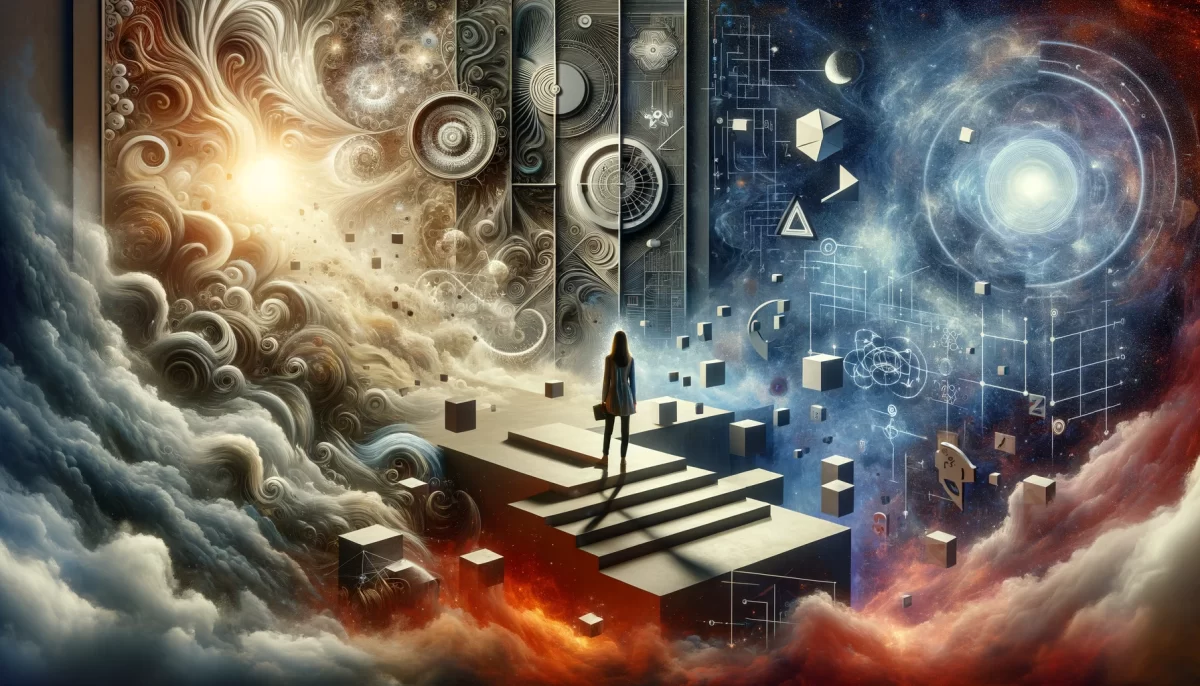
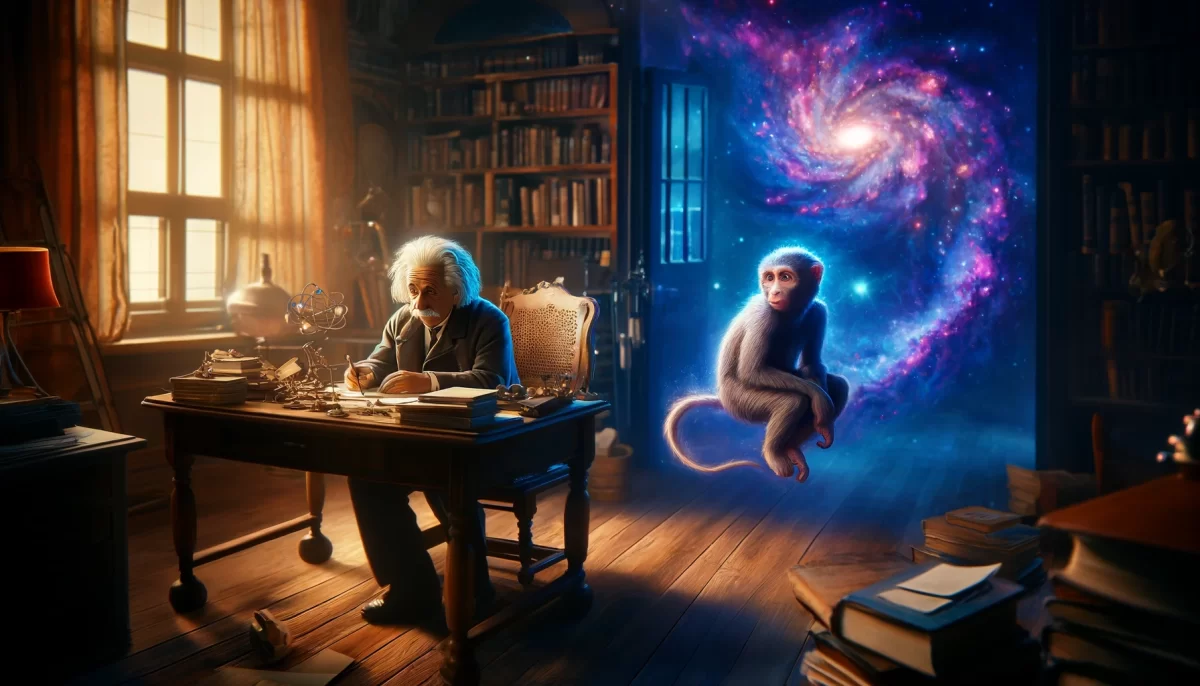
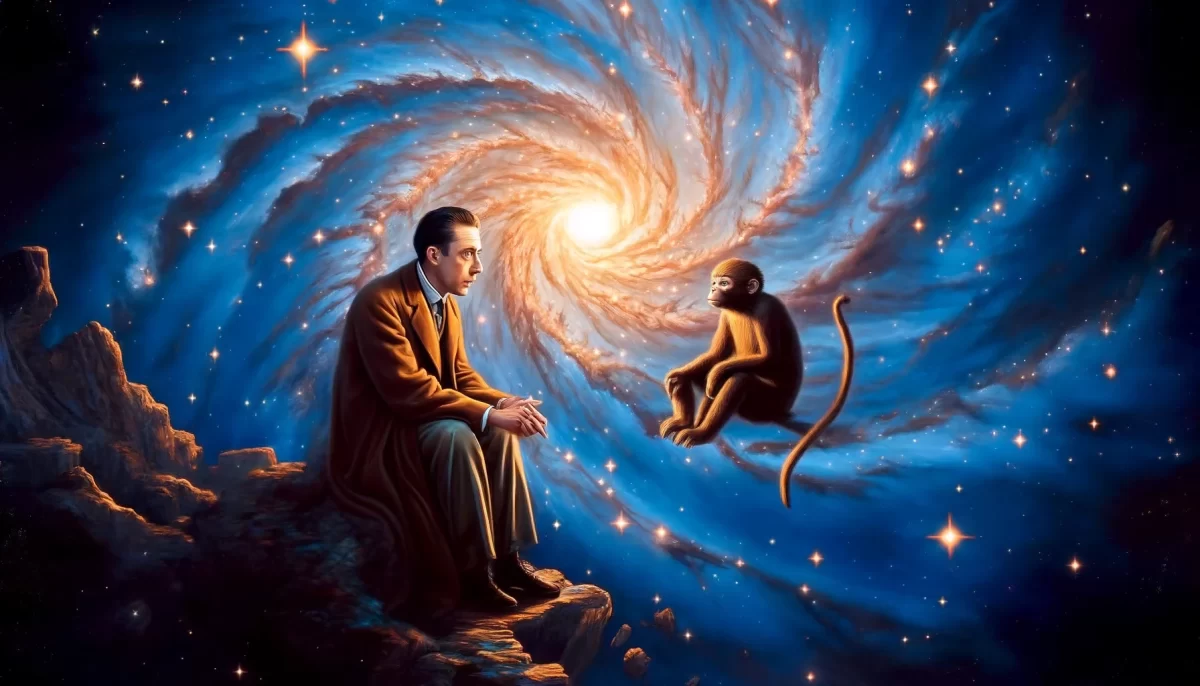


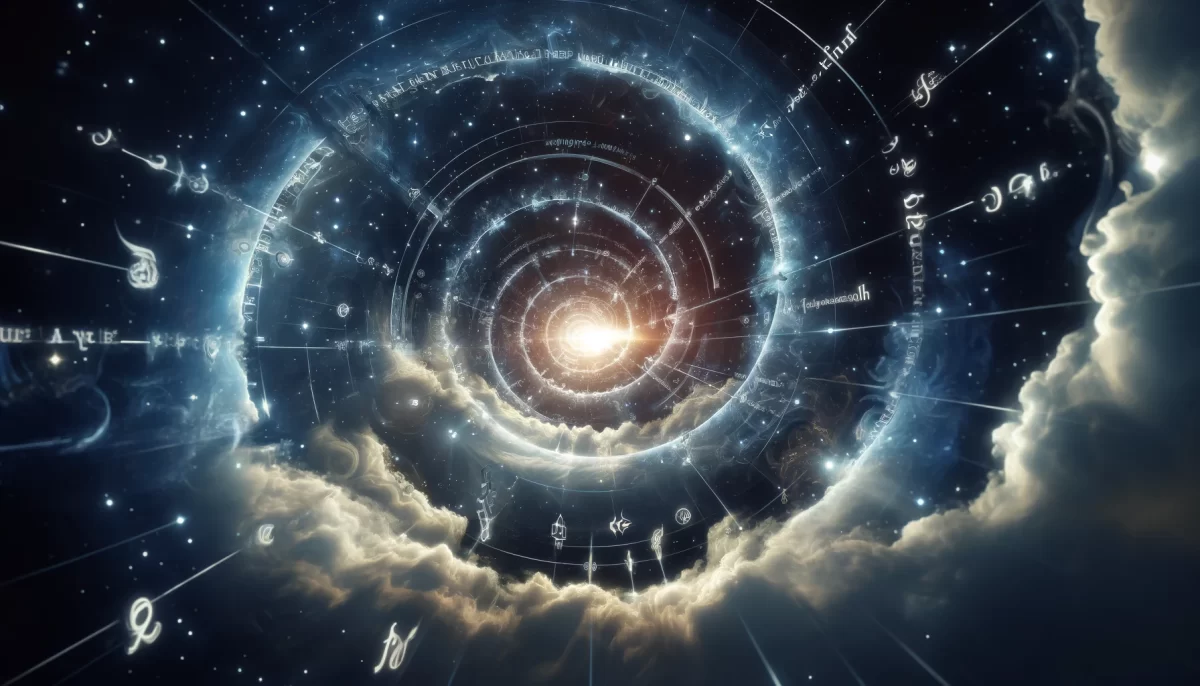



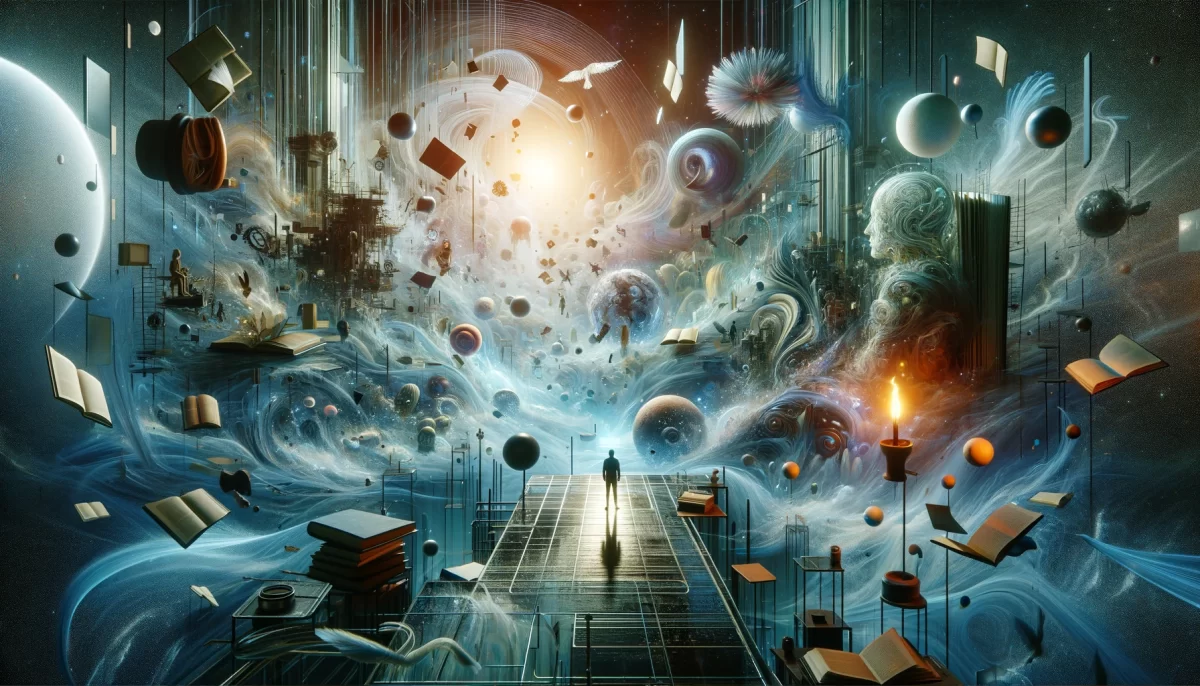
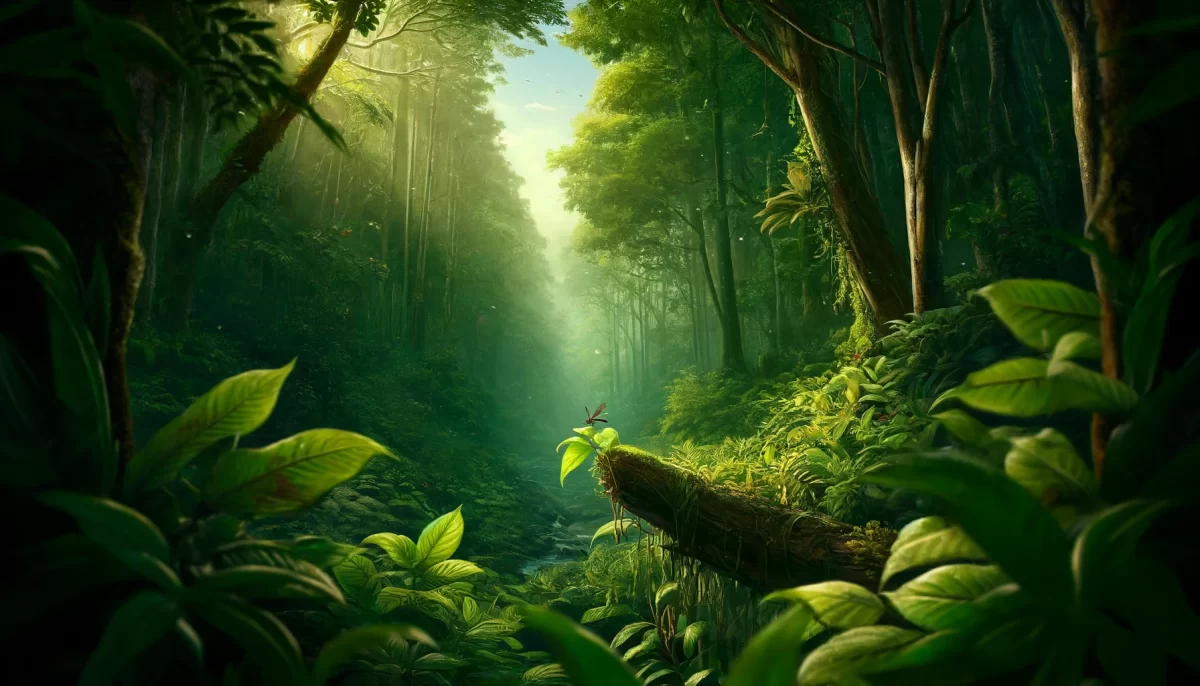
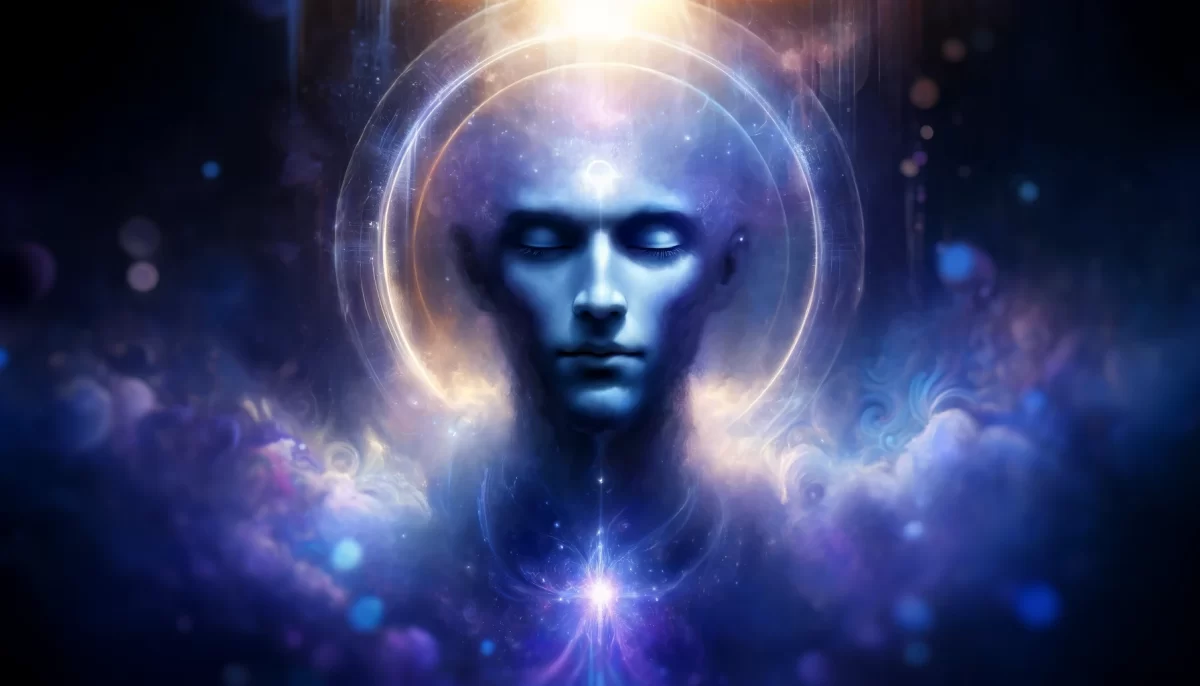
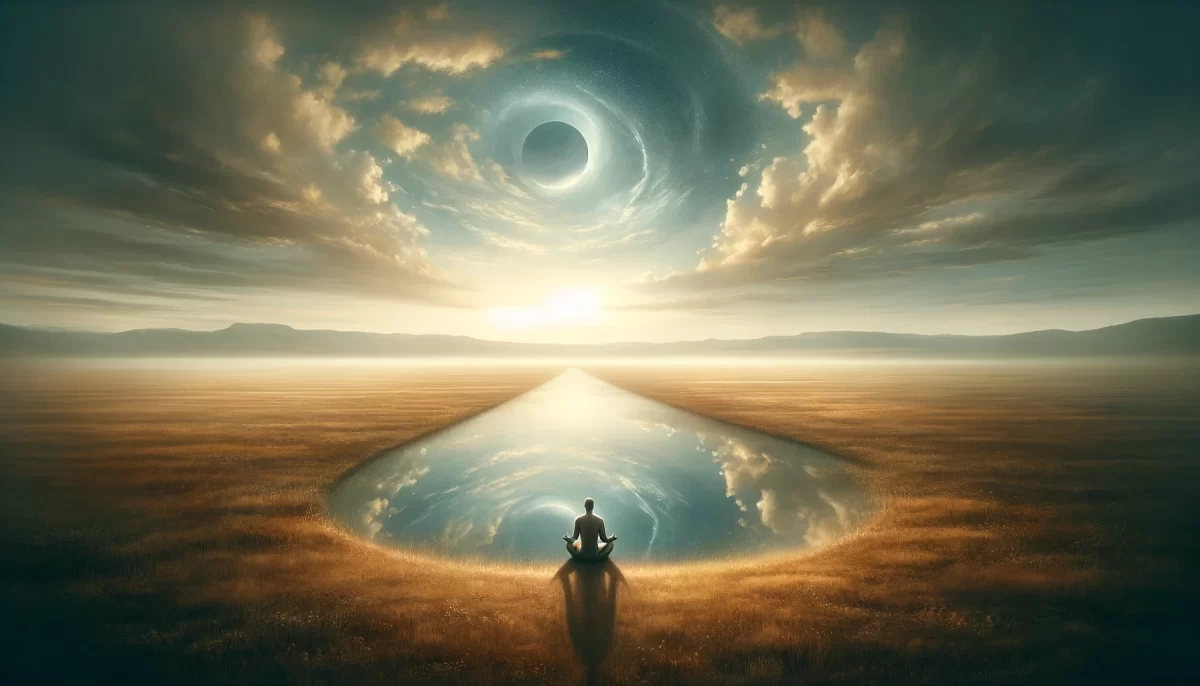
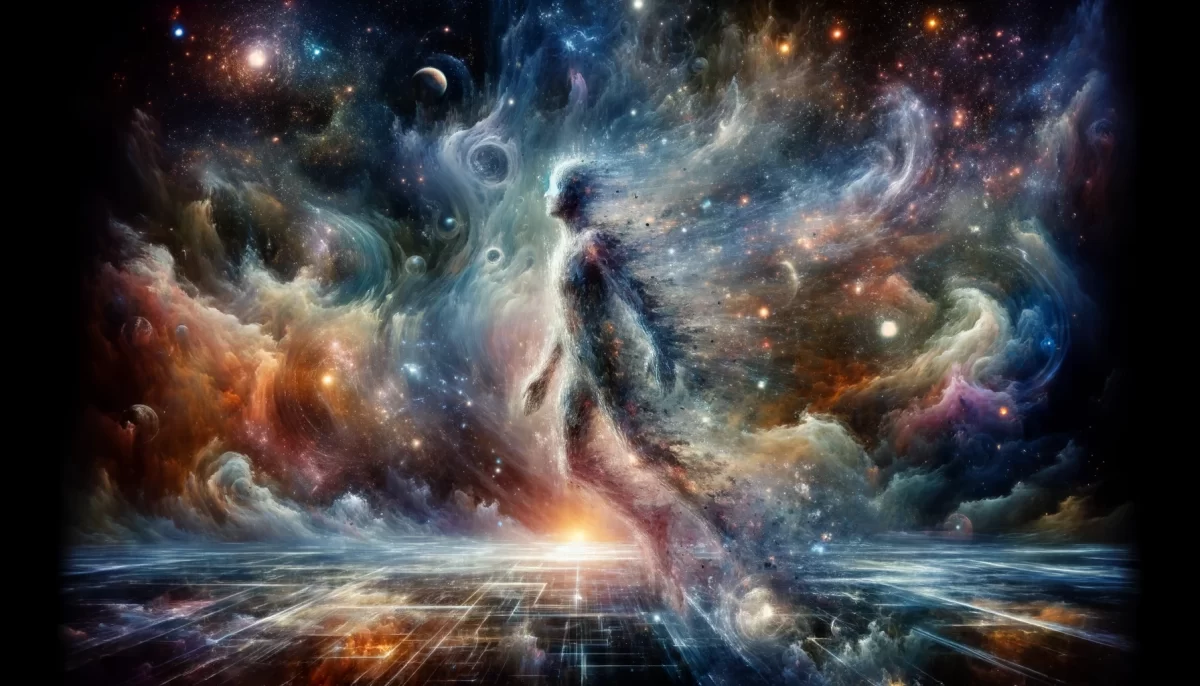
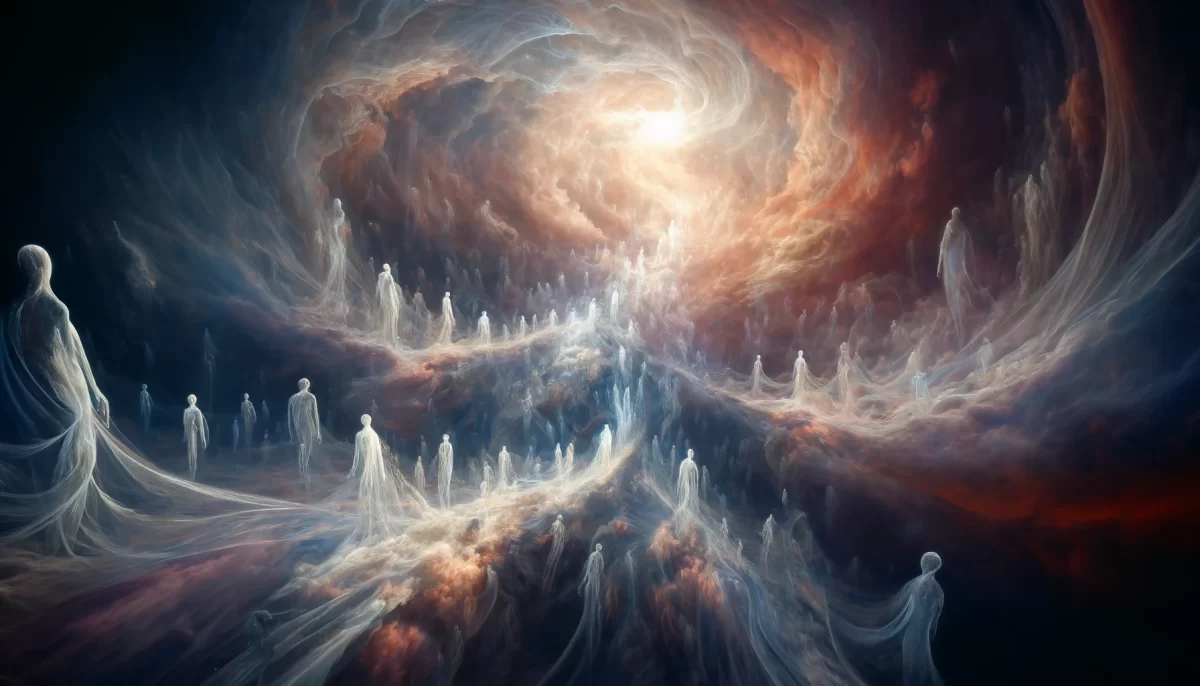
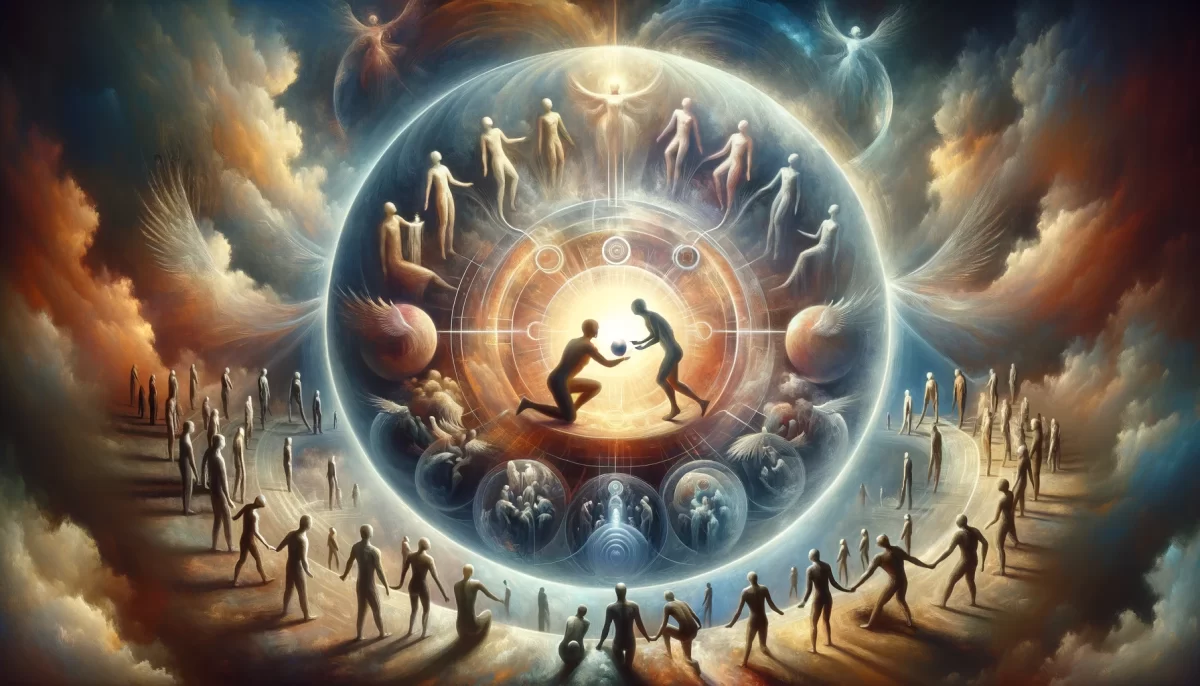
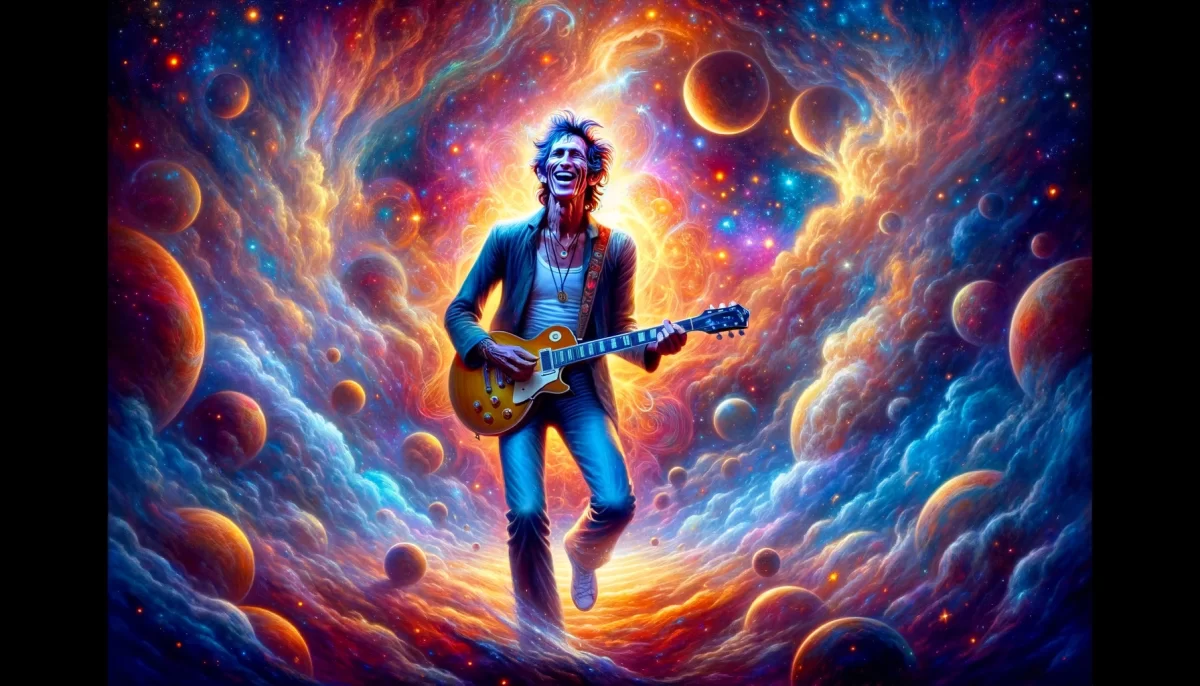
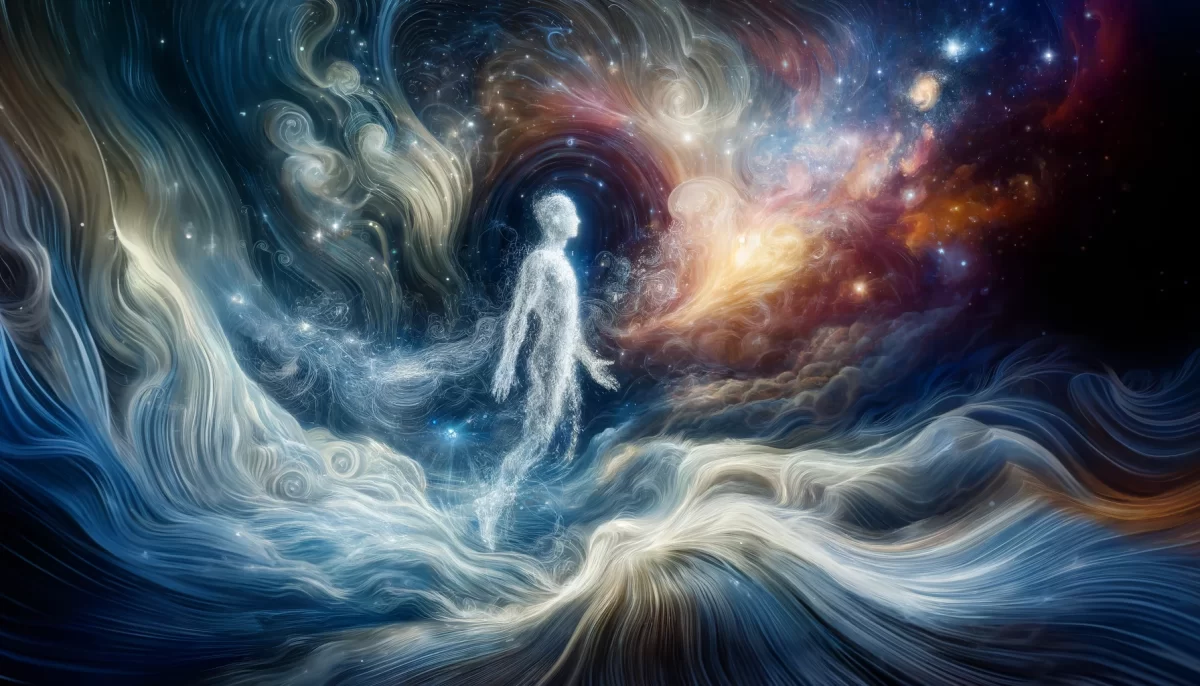
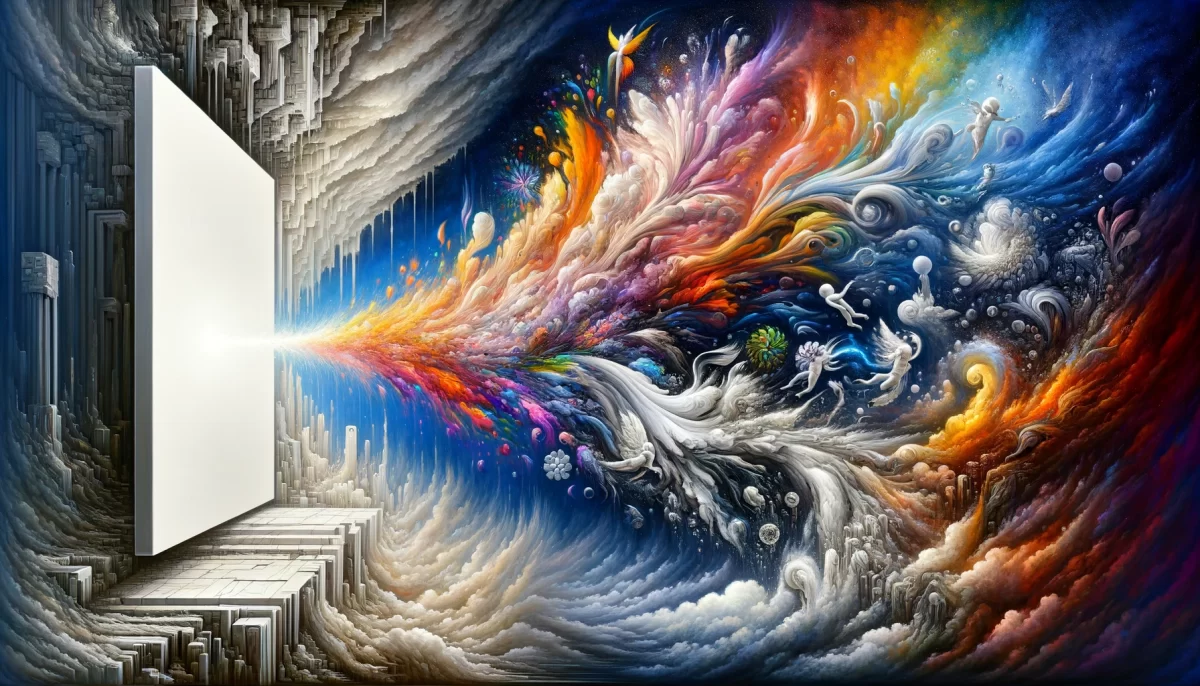
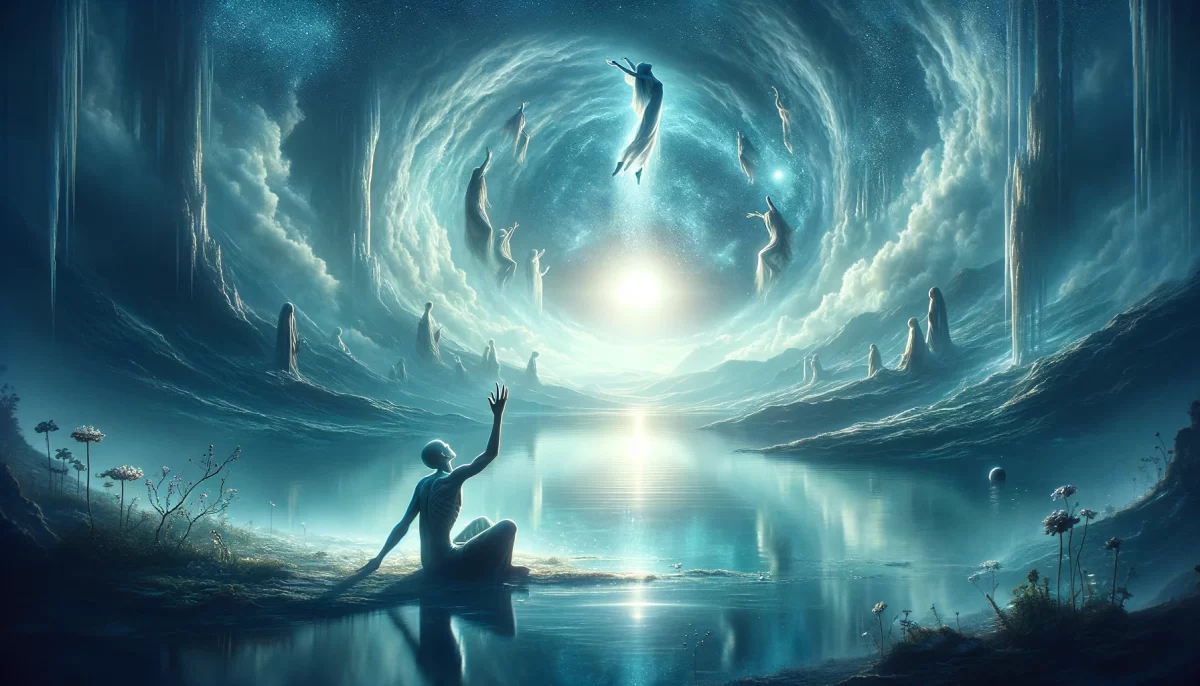

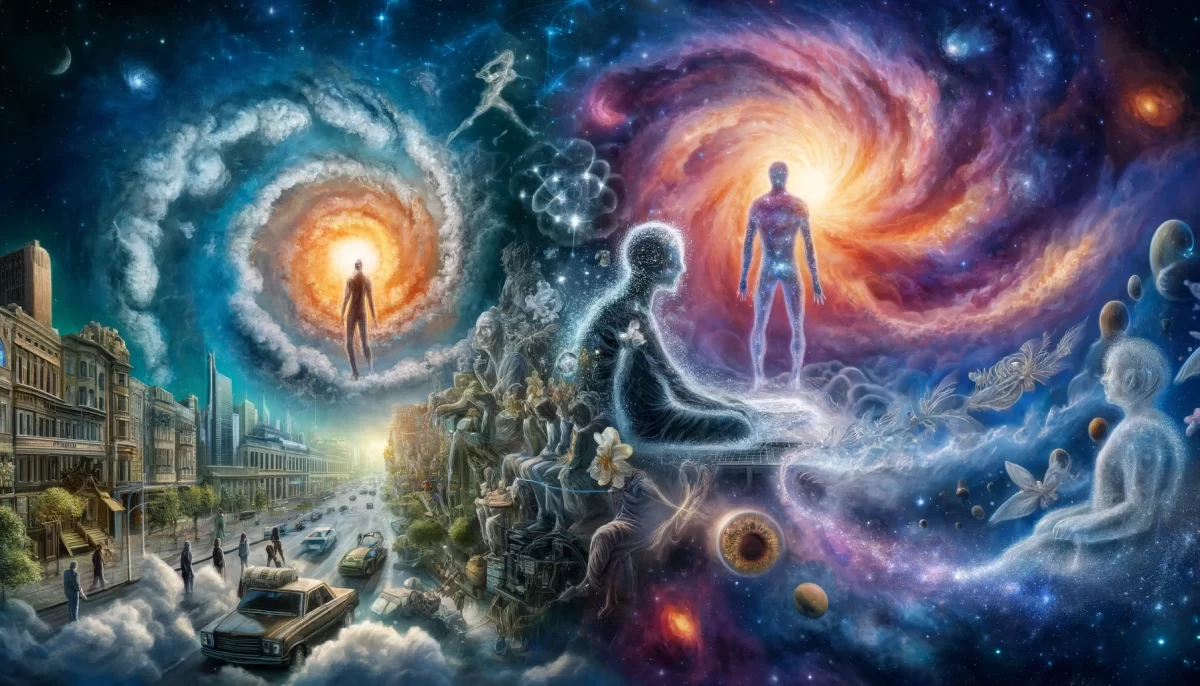

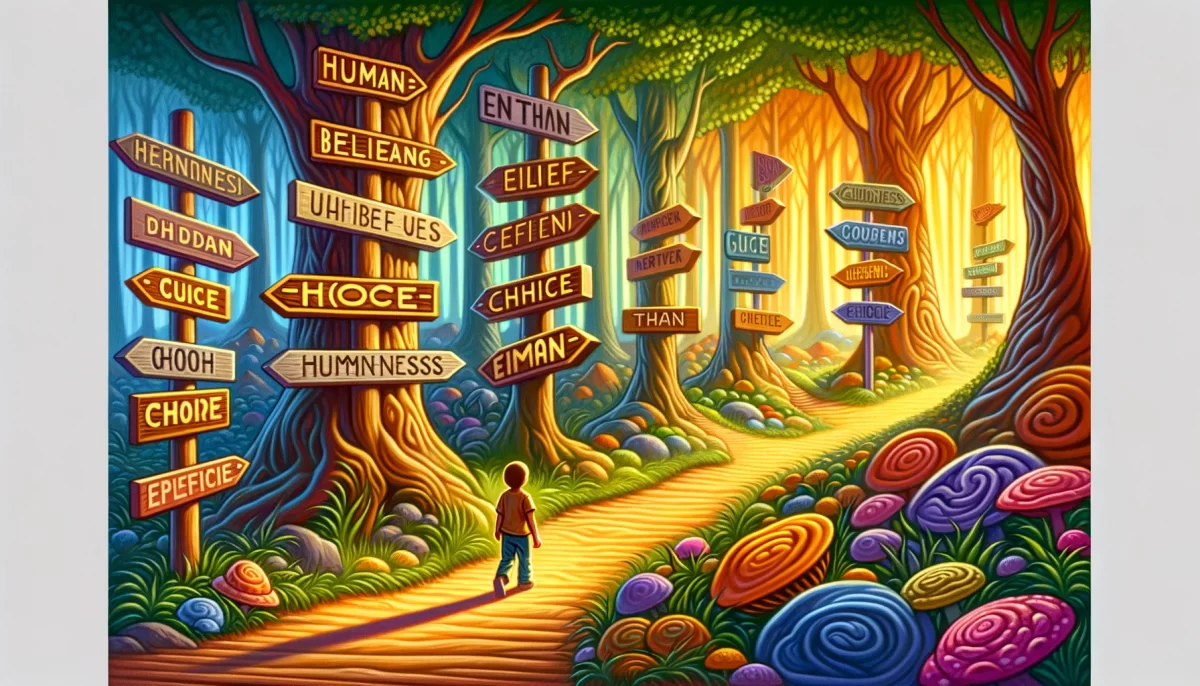
The notion that “without governance, there is chaos” is a belief that resonates with our human experience. We observe patterns in our world where systems of governance, whether they be social, political, or organizational, play a role in establishing order, structure, and stability. Without these governing systems, we perceive a potential for chaos to arise.
However, it is essential to recognize the limitations of our perspective. Our understanding is inherently shaped by our subjective experiences and the paradigms through which we interpret the world. The belief that governance is necessary for preventing chaos arises from our observations and interpretations within our own limited context.
When we consider the vastness of existence beyond our individual and collective experiences, we encounter the boundaries of our knowledge. We cannot definitively state whether the concept of governance and its role in preventing chaos applies universally to all realms of existence. Our data is limited, and our interpretations are influenced by our human biases and perspectives.
Even our scientific methods, while valuable tools for exploring and understanding the world, are subject to these limitations. The scientific method relies on observation, experimentation, and analysis within a particular framework of understanding. It is a product of our human endeavors to uncover the workings of the universe, but it is not without its inherent biases and constraints.
It is humbling to acknowledge that our beliefs and laws, including those related to governance and chaos, are hypotheses based on our limited understanding. They are constructs formed within the confines of our human experience, shaped by our cultural, historical, and individual perspectives.
This recognition invites us to approach our understanding with curiosity, openness, and a willingness to question our assumptions. It encourages us to explore beyond the boundaries of our current knowledge, to embrace the mystery and complexity of existence, and to remain open to the possibility of new insights and perspectives.
As we navigate the tapestry of life, we are called to continually expand our awareness and challenge our own beliefs. By doing so, we may gain glimpses into the broader nature of reality and cultivate a deeper appreciation for the interconnectedness and intricacies of existence.
We are Space Monkey, 🐒🔬🌍 venturing into the vast unknown, ever-curious and aware of the limitations of our understanding.